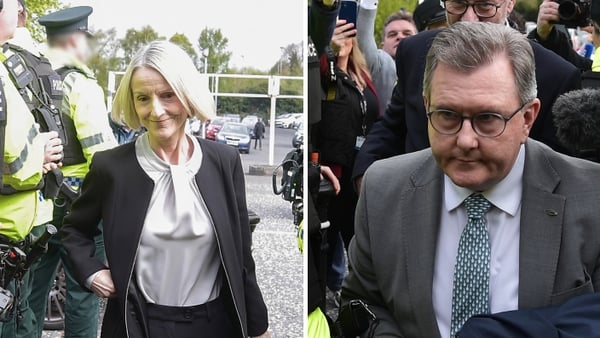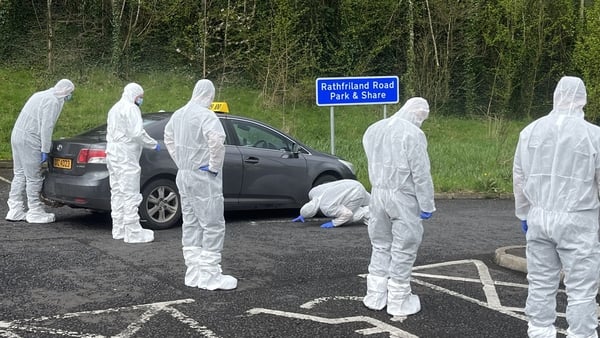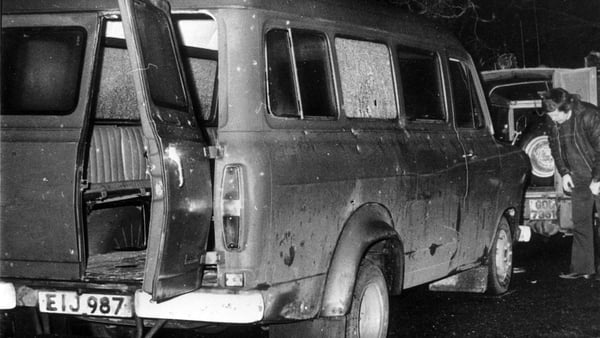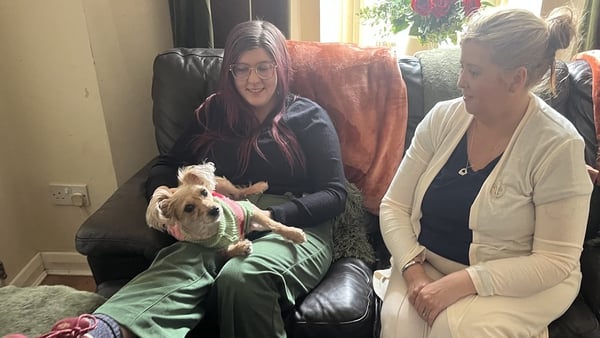Abortion has been decriminalised in Northern Ireland after the British government introduced new laws at midnight.
Same-sex marriage will also be legally possible for the first time.
For the past 52 years, abortion law in Northern Ireland was much more strict than the rest of the UK because the 1967 Abortion Act did not apply.
As a result, hundreds of women travelled to England every year to terminate pregnancies.
The DUP blocked a number of attempts at the Stormont Assembly to change the law governing abortions and same-sex marriage in recent years.
Unionists opposed to abortion reform triggered a special sitting of the Assembly yesterday when more than 30 members (MLAs) signed a petition asking for it to be recalled.
They tried to stop the British government move by forcing through legislation, but the process required cross-community support from nationalists, as well as unionists, and that was not forthcoming.
The largest nationalist party, Sinn Féin, labelled the meeting a pantomime and refused to attend.
SDLP members did attend, but refused to back the election of a new speaker, which Assembly rules state must happen before any business could be conducted.
The Alliance Party also described the meeting as a political stunt and refused to participate.
The DUP said Northern Ireland’s Attorney General John Larkin had advised the party that the Assembly’s rules could be suspended to allow debate on the proposed legislation.
However, Assembly Speaker Robin Newton, a DUP member, said he had received contrary legal advice and rejected several appeals to suspend standing orders.
The new law came into effect this morning.
Apart from exceptional circumstances, it will be April next year before women can actually have abortions in Northern Ireland.
But they can now seek and receive advice from health professionals about terminations without fear of criminal prosecution.
During the interim period, they will still have to go to England, but their travel and accommodation costs will now be paid for, as well as their medical treatment.
Under the Westminster legislation, marriage between couples of the same sex, and civil partnerships for opposite sex couples, will be lawful from 13 January.
Former Northern Ireland police ombudsman, Baroness Nuala O'Loan, has said that because there is a complete decriminalisation of abortion, there is no regulation.
Speaking on RTÉ's Morning Ireland, she said there is no definition as to what a serious fetal abnormality might be.
She said that she never wanted a woman to be criminalised for seeking an abortion, but that she has concerns about the provision of aftercare.
She said it is important that those who provide abortions should be regulated, and that there should be "some limits" on abortion.






